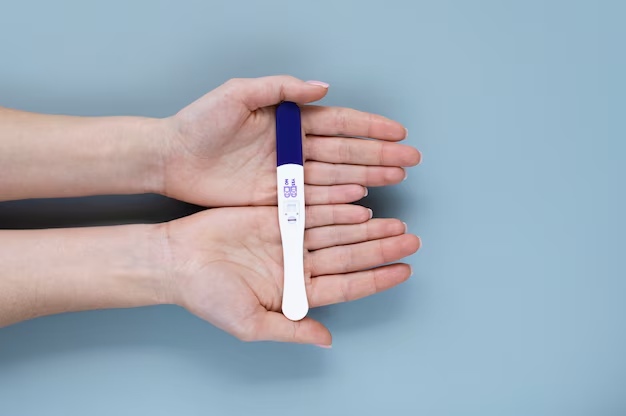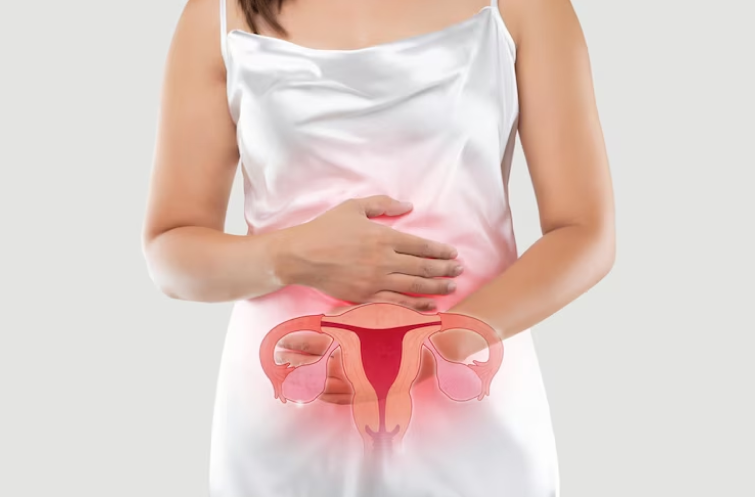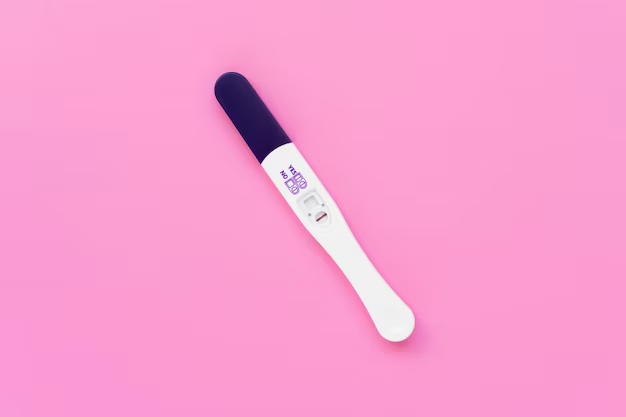Female Infertility
- Home
- Treatments Offered
- Female Infertility
Dr. Smita Jadhav: Best Female Infertility Doctor in Kolkata
What is female infertility?


Types of Female Infertility
Primary Infertility
Primary infertility refers to a couple who has never conceived a child. It is typically diagnosed when a couple has been actively trying to conceive for at least a year without success.
Secondary Infertility
This occurs when a couple has conceived in the past but is unable to do so again. This could be due to various factors, such as previous pregnancy complications, certain medical conditions, or changes in reproductive health.
Symptoms of female infertility
Inability to Get Pregnant
The primary sign of infertility is difficulty conceiving despite regular, unprotected intercourse.
Menstrual Cycle Irregularities
This includes cycles that are too long (35 days or more), too short (less than 21 days), irregular, or absent, which may indicate issues with ovulation. Hence, if you have been experiencing these infertility warning signs, reach out to the best gynecologist near you for treatment.


What is Abnormal Menstruation?
Abnormal menstruation, or menstrual irregularity, refers to any deviation from a regular menstrual cycle. While variations in menstrual patterns are common, abnormal menstruation involves significant deviations in frequency, duration, or intensity. This condition can manifest in various ways, disrupting the usual rhythm of a woman’s menstrual cycle and, in some cases, leading to other, more severe health concerns.
Send Us Message
Call Us
+91 9748825624
Email Us
drsmitajadhav76@gmail.com
Our Location
IB-193, Broadway Rd, IB Block, Sector III, Bidhannagar, Kolkata, West Bengal 700106

Causes of infertility in women

What is Abnormal Menstruation?
Abnormal menstruation, or menstrual irregularity, refers to any deviation from a regular menstrual cycle. While variations in menstrual patterns are common, abnormal menstruation involves significant deviations in frequency, duration, or intensity. This condition can manifest in various ways, disrupting the usual rhythm of a woman’s menstrual cycle and, in some cases, leading to other, more severe health concerns.
Diagnostic tests for female infertility

Blood Tests

Hysterosalpingogram (HSG)

Saline Sonohysterogram (SIS)

Laparoscopy

Transvaginal Ultrasound

Hysteroscopy
Treatment for female infertility
Infertility treatment includes the following options.



